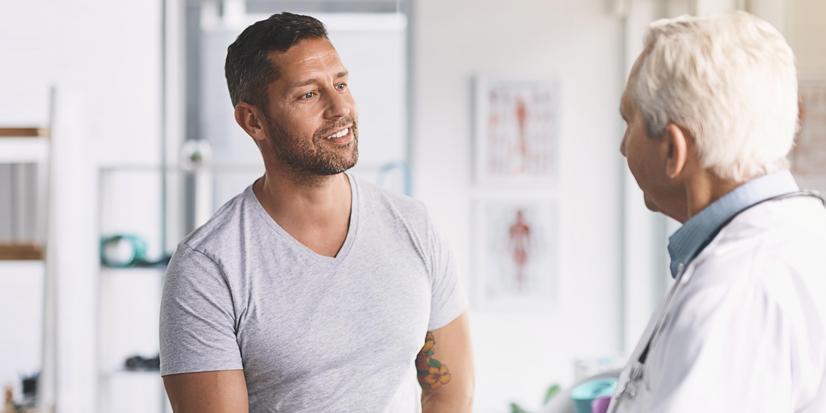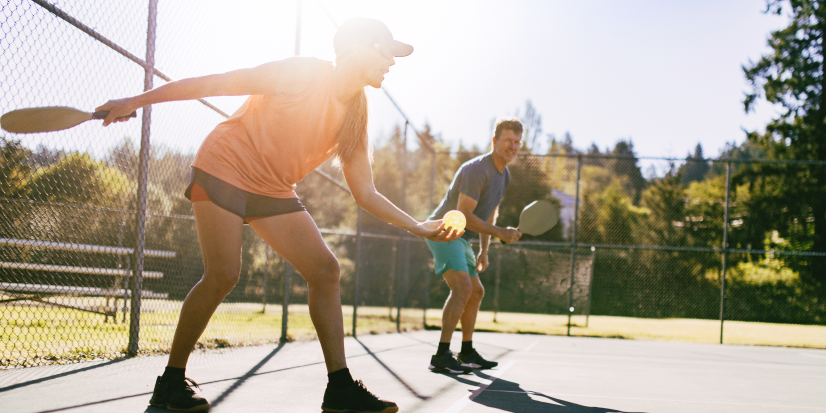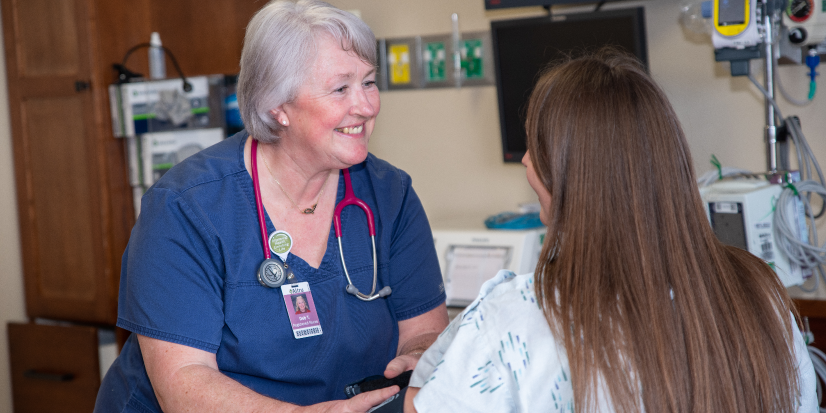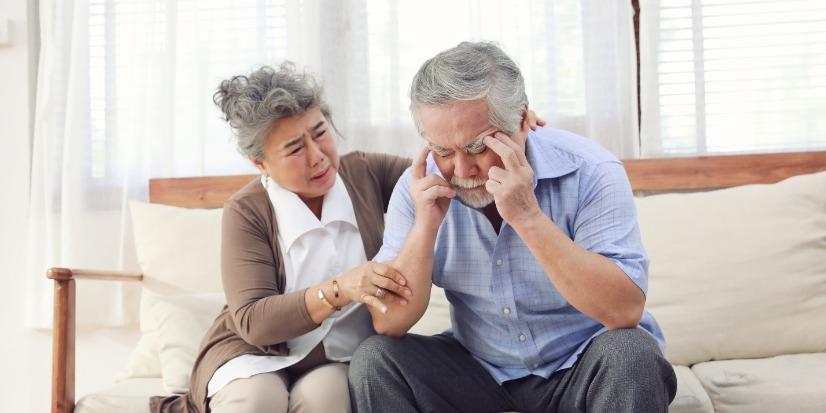
You can’t protect your kids from everything, but you can protect them from HPV-related cancers. I’ve known families that have lost loved ones from cervical cancer and cancers of the mouth and throat. I’m delighted there’s a way that we can protect our sons and daughters from these horrible diseases. My son was immunized as soon as he could be because I know it’s safe and effective.
Human papillomavirus (HPV) is a common virus passed from person to person through sexual contact. It can be spread even without intercourse. Here are 6 things you may not realize about the HPV vaccine.
1. HPV Is so Common That Nearly All Sexually Active Men and Women Get It at Some Point in Their Lives.
More than 40 types of HPV exist that can infect the genital area, mouth, and throat. Some cause health problems, including genital warts and cancers. HPV can affect both men and women.
2. Age 11 or 12 Is the Best Time to Vaccinate Boys and Girls Against HPV.
The HPV vaccine is recommended for boys and girls at age 11 or 12, so they are protected before ever being exposed to the virus. HPV vaccine produces a higher immune response in preteens than in older adolescents.
3. Catch-up Vaccines Are Recommended for Males and Females Through Age 26.
So, if you did not get vaccinated when you were younger, do it before you turn 27.
4. In the U.S., one person is diagnosed with HPV-related cancer every 20 minutes.
HPV can cause cervical and other cancers including cancer of the vulva, vagina, penis, or anus. It can also cause cancer in the back of the throat, including the base of the tongue and tonsils.
5. HPV Vaccine Is Safe and Effective.
The vaccine has been studied by thousands of men and women around the world. In the four years after the vaccine was first recommended in 2006, the number of HPV infections in teen girls decreased by 56 percent in the U.S. The HPV vaccine offered through Altru is 99 percent effective. Nearly 86 million doses of HPV vaccine were given in the U.S. from June 2006 through September 2015, and there have been no serious safety concerns.
6. Giving Your Child the Vaccine Does Not Give Them Permission to Have Sex.
In fact, the opposite is often true: When parents and doctors talk to kids about sex and values, they actually increase the odds that the child will delay sexual relations. Think of the HPV vaccine as an opportunity to start or continue the conversation on this sensitive topic.
Talk to your child’s primary care provider today about vaccinating your child against HPV any time after age 11. To learn more, visit altru.org/HPV.







